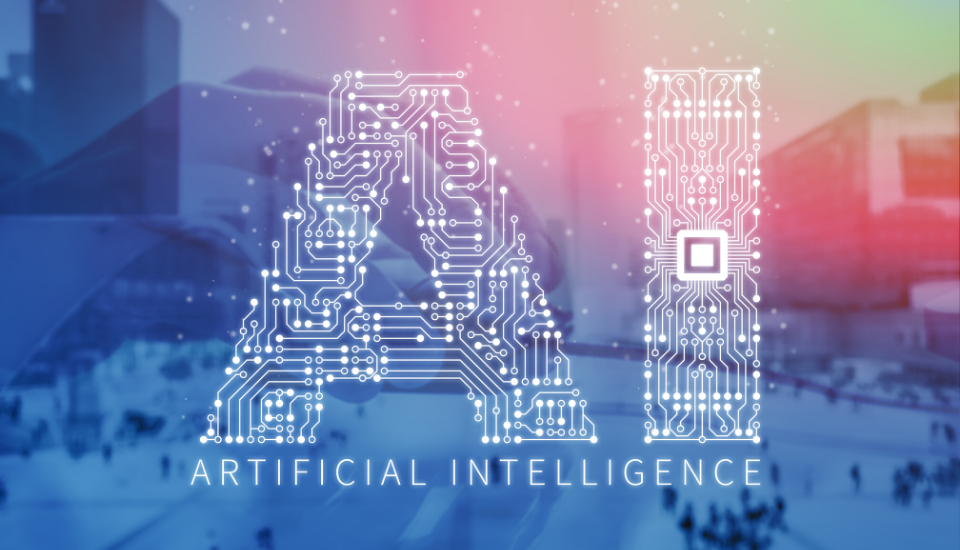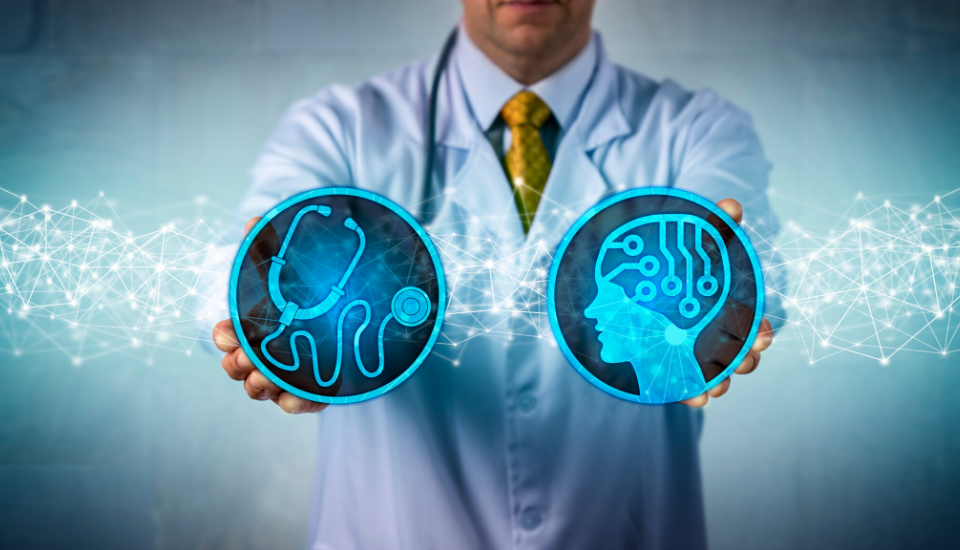4 Trends to Watch in Healthcare AI
February 20th, 2020
Healthcare AI is becoming prominent in the industry. Find out what to expect from this new technology in 2020 based on four trends.

Technology has provided a new approach to healthcare, improving processes and patient care. The introduction of artificial intelligence (AI) into healthcare has revolutionized traditional practices, offering the ability to automate workflows, diagnose patients, and deliver intelligence for better patient outcomes. Healthcare AI has the potential to disrupt the healthcare ecosystem and is already in use with predictions that the market will hit $200 billion by 2025. But what’s the outlook for the next year? Let’s look at some healthcare AI trends to watch.
AI’s Impact on Patient-Centered Solutions
Being patient-centric is a challenge for most healthcare professionals. With concerns about costs, compliance, interoperability, and the growing need for more medical services, the medical environment has changed dramatically. Technology can help drive a more patient-centered approach, especially AI.
There are now a variety of different apps that patients can interact with to become more of a participant in their healthcare journey. Patient-centric AI is making it easier for people to receive the care they need. One example is Buoy, an interactive digital tool that allows users to enter symptoms. They then receive a personalized analysis and recommendations for care using algorithms. It’s in use by several healthcare systems.
Another use of AI to create better patient experiences is chatbots. Chatbots have become a valuable tool for consumer brands, and healthcare should embrace this technology. Interactions with chatbots are fast and easy for patients to self-triage. They gather information, provide feedback, and can then provide the information to physicians.
Data-Driven Public Health Intel

Amazingly over four trillion gigabytes of healthcare data are generated each year and will only increase. With healthcare big data, there are challenges, specifically the fact that most of it is unstructured. However, AI is the perfect tool for healthcare data mining. Using EHR records,
AI can assist in compiling information for clinical research as well as determine trends in public health. This intel can assist the entire healthcare industry in understanding the biggest healthcare risks and their possible remedies.
AI in Medical Imaging
Medical imaging is the window to the body. The rate of MRIs and CAT scans continues to rise as a way to diagnose patients without being invasive. It is costly, so the industry is turning to AI to make them less expensive. For example, Google’s DeepMind leverages AI as an image assistant and can identify 50 eye diseases. Other applications are helping spot lung lesions, potential strokes, and more.
Improving Communication and Reducing Errors
Did you know that approximately 250,000 people die every year because of preventable medical errors? It’s shocking to think that’s occurring in the modern world where physicians have access to communication tools. AI is providing answers to this epidemic.
There are a variety of platforms answering this call. Physicians can compare their prescribing activities as compared to peers treating the same conditions. It also has the ability to be a fail-safe when inaccurate information is computed into an EHR. Clinicians are only human, and they make unintentional errors. AI algorithms can compare the doctor’s orders to other information contained in the EHR. For example, a physician may prescribe a medication that could either cause complications based on other medications or could be wrong entirely. AI can catch this before it causes any harm.
Challenges with Healthcare AI
There is a lot of hype around AI in healthcare. It’s innovative and delivers efficiencies and the ability to improve care. However, there are challenges ahead, especially around the usage of PHI. Compliance with HIPAA and other regulations could cause issues.
Additionally, there are not any uniform standards around using AI in healthcare. One of the biggest threats to the opportunity is cyberattacks. Anything related to technology and healthcare creates inherent risk for data exposure and hacking.
What’s your take on healthcare AI? How do you think it will impact the field?